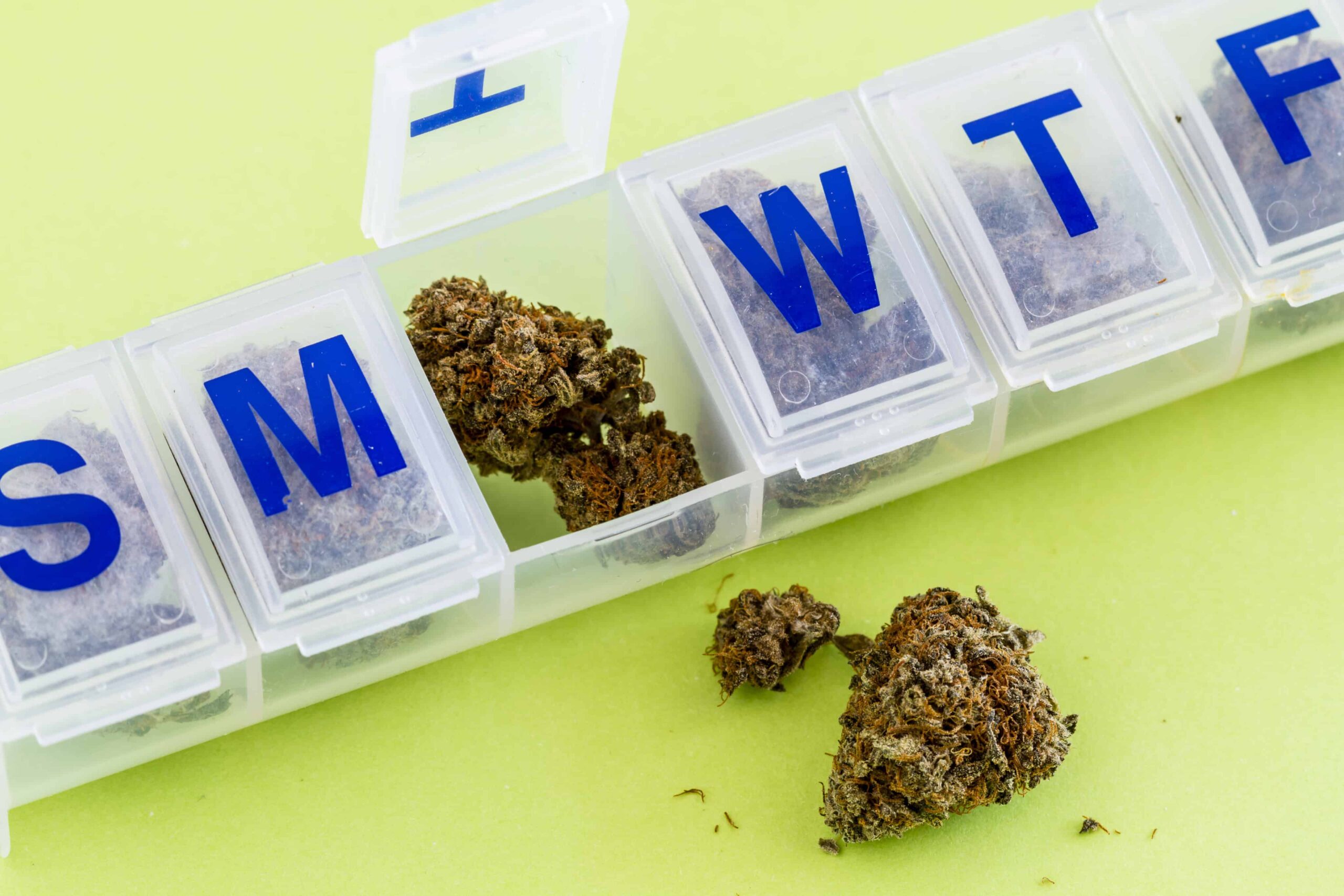
Minnesota adds new qualification requirements to the medical cannabis program
The Minnesota Department of Health and Human Services announced Wednesday that the agency will add irritable bowel syndrome and obsessive-compulsive disorder to the list of qualifying disorders for participation in the state’s medical cannabis program. Under state law, the addition of the new qualification requirements will take effect on August 1, 2023, according to state officials.
“We are adding the new qualifying terms to allow patients more treatment options for conditions that can be debilitating,” Minnesota Health Commissioner Jan Malcolm said in a statement from the Department of Health.
Irritable bowel syndrome (IBS) is a condition characterized by abdominal pain or discomfort and irregular bowel movements that can lead to diarrhea, constipation, both diarrhea and constipation, or bloating. Obsessive Compulsive Disorder (OCD) is characterized by recurring, intrusive thoughts that often cause significant emotional distress and anxiety in sufferers. This can lead to repetitive actions or other behaviors that people feel compelled to engage in to reduce this burden.
“Research has shown that people suffering from these conditions may derive benefits from using medicinal cannabis to manage their symptoms,” the health department wrote.
The new licensing requirements offer a modest expansion of the state’s medicinal cannabis program, with an estimated 10% of adults suffering from IBS and 1% meeting diagnostic criteria for OCD, according to media reports.
Minnesota Patients support adding new conditions
In public comments on the petitions to add IBS and OCD to Minnesota’s medical marijuana program, a man with the initials RH described himself as working with a wife and two daughters.
“My daily life is one of constant anxiety and stress,” said RH, who revealed he has OCD. “Virtually the only time I’m free of symptoms is when I’m sleeping.”
Under state regulations, patients certified for the newly approved qualifying conditions will be able to enroll in the state’s medicinal cannabis program on July 1, 2023. Patients can obtain medical cannabis from either of the state’s two medical cannabis producers beginning August 1, 2023. Patients wishing to use medical marijuana to treat any of the state’s qualifying conditions must obtain pre-certification from a participating healthcare provider in Minnesota.
Opioid use disorder not approved
The health department declined to authorize petitions to add opioid use disorder and gastroparesis, a condition that affects the normal spontaneous movement of the stomach muscles, to Minnesota’s list of conditions that qualify a patient to use medical marijuana. The petition not to add gastroparesis was not approved as a qualifying medical condition because research suggests cannabis can make the condition worse.
Chris Tholkes, director of the Minnesota Department of Health’s Office of Medicinal Cannabis, said the decision not to add opioid use disorder was difficult, noting that limited access to existing treatment options, such as methadone clinics, in some geographic areas was one factor , who supported the approval of the petition.
“We’ve struggled with that,” Tholkes told the Star Tribune, adding that medical providers are concerned that “putting in another type of drug could lead to a relapse.” And in the case of opioid use, relapse can be fatal.”
The decision not to authorize an opioid use disorder comes as Minnesota and the nation continue to be gripped by an opioid overdose death epidemic. Much public comment has shown success in replacing opioids with marijuana.
“Having used prescription painkillers for pain for nine years, I know that using cannabis would help ease withdrawal symptoms,” said one commenter publicly identified with the initials TB. “I only use cannabis now.”
When the Minnesota legislature passed legislation creating the state’s medicinal cannabis program in 2014, the law included nine conditions that qualified a patient to receive medicinal cannabis. With the additions, the list of qualifying conditions will be 19. Current qualifying conditions include chronic pain, post-traumatic stress disorder (PTSD), cancer in certain circumstances, glaucoma and other serious medical conditions.
More than 39,000 Minnesotans are enrolled in the state’s medical marijuana program, up from 29,000 in 2021. Almost all enrolled participants qualify for intractable or chronic pain, and about a third qualify for PTSD. Muscle cramps, cancer, and sleep apnea are also common qualifying conditions.
Annually new conditions considered
Each year, the Department of Health conducts a formal petition process to solicit public input on potentially qualifying medical conditions and delivery methods, followed by a public comment period and a review panel.
Under state regulations, the Health Commissioner is required to review new petitions annually to add qualifying medical conditions and cannabis administration methods. There were no petitions for new delivery methods this year.

Post a comment: